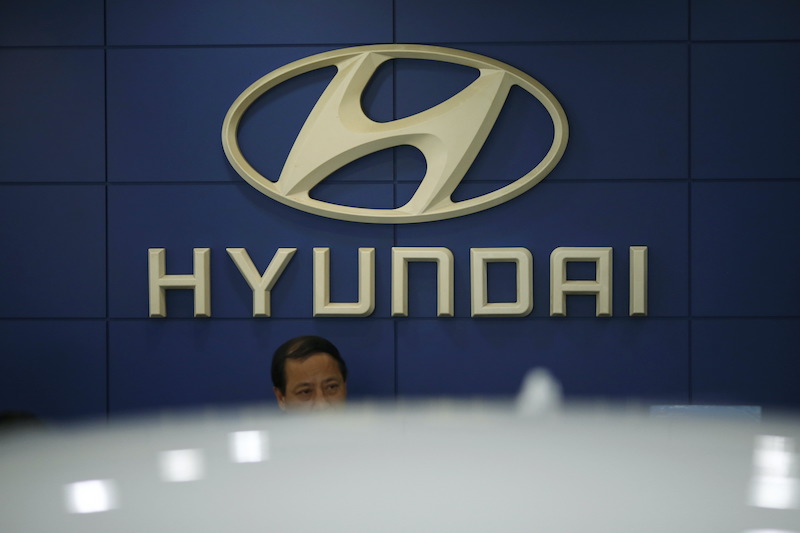South Korea is seeking a three-year exemption in the US so that some Korean carmakers can still get incentives for selling electric vehicles in the United States.
The foreign ministry in Seoul said on Friday it has proposed that the United States offer federal EV tax credits for groups that have investments planned in the US.
US President Joe Biden signed a $430-billion Inflation Act into law in August, which among other measures, excludes Hyundai Motor and its affiliate Kia Corp from federal tax credits because they don’t yet make EVs in North America.
But Hyundai Motor said in May it would invest more than $10 billion in the United States by 2025 to boost collaboration with US firms in advanced technology, such as robotics, autonomous driving and artificial intelligence among other fields.
The US Treasury Department and the Internal Revenue Service started seeking public comment on the new law last month.
South Korea reiterated its position that the new law may violate trade norms such as the US-South Korea free-trade deal and World Trade Organisation agreements.
Hyundai Motor Group broke ground on a $5.5-billion EV and battery plant in the United States late last month, aiming to begin commercial production in the first half of 2025 with an annual capacity of 300,000 units.
- Reuters with additional editing by Jim Pollard
ALSO SEE:
Harris Vows to Consult Seoul on EV Subsidy Concerns
Hyundai Motor May Begin Work on US EV Plant This Year
LG Energy Solution Said to Plan US Battery JV with Honda
























